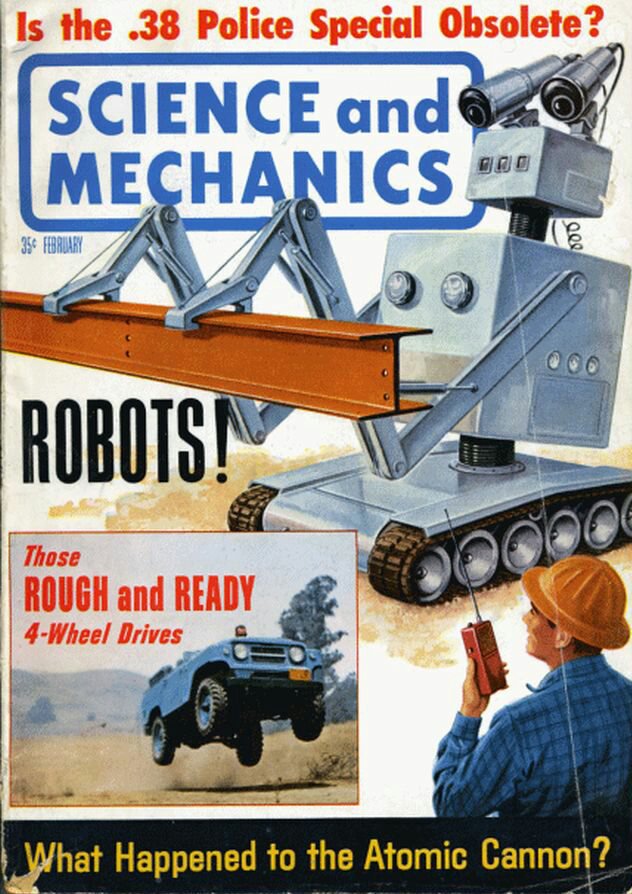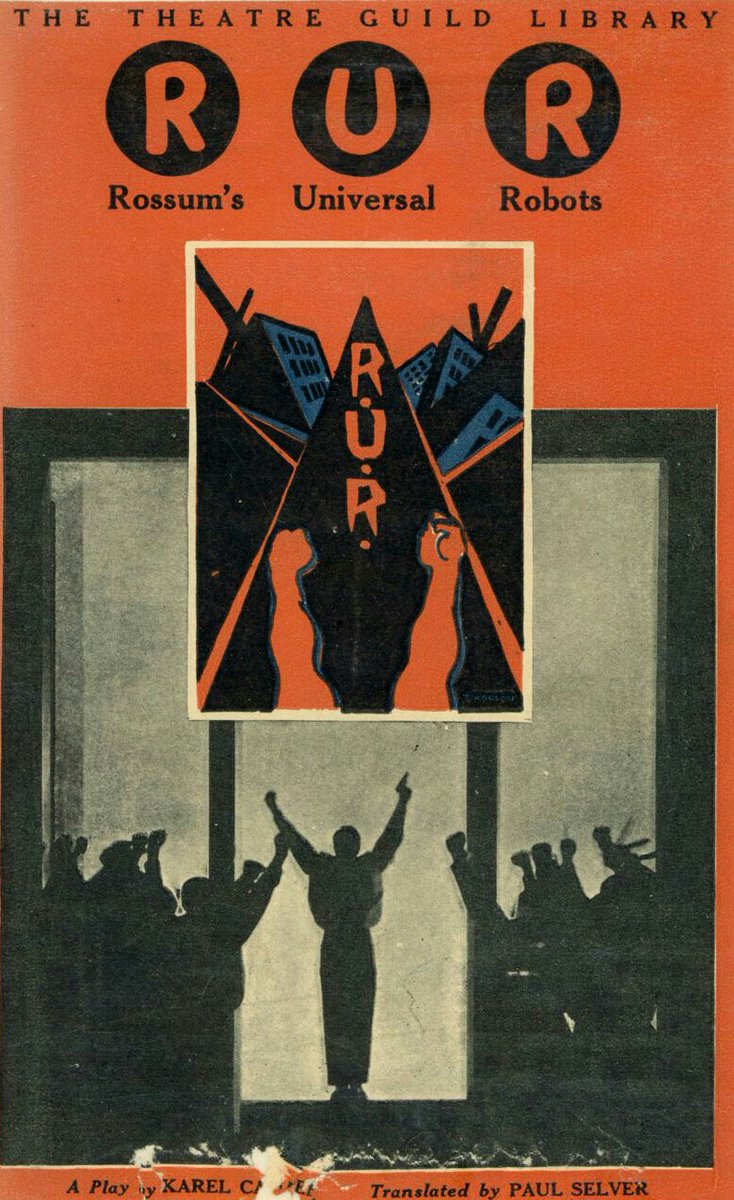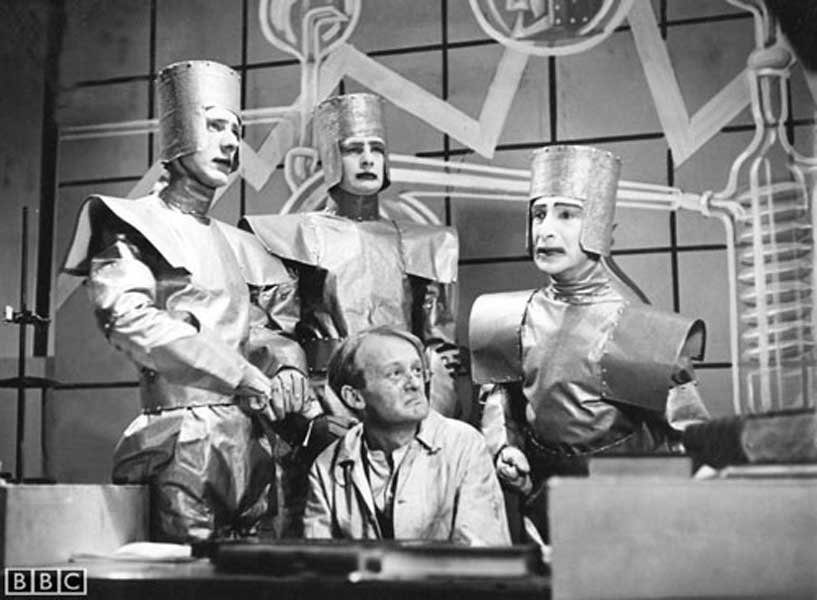logicmag.io/05-the-automat…
Robots aren't taking people's jobs. The productivity data simply doesn't bear it out - marginal product of capital hasn't noticeably moved for decades.
laborcenter.berkeley.edu/driverless/
In their in depth and frankly surprisingly technically sophisticated analysis, they find the threat is from the erosion of labor protections, and not technical disruption.
Ports adopted different models across the US.
So who benefits and how ? That's the question to ask.
Wages are flat for other reasons.
These are skilled positions.





